From the start, it was obvious that lockdown would have a devastating effect on domestic abuse victims, although it wasn’t possible to know just how bad it would be. But the picture is becoming clearer now. Abused women have been telling their stories: a survey this week by the charity Women’s Aid found almost two-thirds of victims said the abuse worsened during lockdown. In a BBC documentary this week a victim recounted how her abuser, after watching Boris Johnson’s televised announcement of lockdown restrictions, turned to her and said: ‘Let the games begin.’
Victoria Atkins, the minister for safeguarding, has demonstrated a good grasp of the problems women’s refuges face. But she works for a Home Secretary, Priti Patel, who has never seen domestic abuse as a top priority — unlike Theresa May, who took a personal interest in the matter when she led the department. Patel has continued to support the Domestic Abuse Bill, which was introduced in the final days of May’s government in July last year, and led a press conference on the subject in lockdown. But her focus, quite obviously, is on immigration and policing. Nothing wrong with working hard on those areas, of course, but two women a week were killed by their current or former partners even before the pandemic. It has become a lot worse since. The Metropolitan Police said recently that the number of domestic violence protection orders it issued rose 42 per cent in April compared with the same month last year. If this even vaguely reflects the nationwide picture, then domestic abuse can hardly be seen as a niche issue.
Official figures out this week show other ways in which lockdown has taken its toll: 19 per cent of the population of England and Wales reported suffering from depression in June, nearly twice the proportion during the previous nine months. NHS mental health providers say they expect an increase in demand for their services of 20 per cent, yet their capacity is down by almost a third due to social distancing and infection control.
When restaurants close or retailers shed jobs, ministers act fast. Over the past few months, in his many televised press conferences, the Chancellor has announced ever more expensive plans to keep the British economy going during the worst of the pandemic. The furlough scheme alone has cost around £30 billion, but the government has given charities working with abuse victims just £30 million between them to deal with the surge in cases caused by lockdown.
Even politically speaking, it makes sense to spend more money on tackling domestic abuse. Shortly before the start of lockdown, ministers were boasting about their plans to cut violent crime by 20 per cent. It is going to be hard to meet that target without taking domestic abuse seriously. Charities estimate that each year more than 100,000 people in the UK are at high and imminent risk of being murdered or seriously injured as a result of domestic abuse. That’s a lot of violent crime. And if a woman has nowhere to go to if she tries to flee, then she is in even greater danger: the vast majority of domestic homicides occur when or shortly after the victim has tried to leave. Many have nowhere else to go, other than back to the criminal they’ve just tried to escape.
Not all victims of abuse need a refuge space. But most will require significant support to help them transition from a life of fear and subjugation to being able to manage on their own. The suicide rate among abuse survivors is far higher than average: one study found as many as 23 per cent of women who had endured abuse had attempted to end their lives.
Domestic abuse has, like mental health a few years ago, become a rather fashionable cause for politicians. It’s still far too easy for those in government to think they are doing a good job merely by acknowledging the existence of the problem. It is true that many in society still blame women for the crimes committed against them — asking why they don’t leave their abuser instead of why the perpetrator doesn’t stop — but while ministers can’t force a public change of opinion, they can change the way victims are treated.
The Treasury does important work minimising job losses and economic damage, but it is galling to see ministers respond to a looming jobs crisis with fast, costly government action, but continue to take a more parsimonious approach to women whose lives are at risk. Boris Johnson has promised that Britain will ‘build back better’ from Covid. Surely it would be good to start by giving real support to women who have long deserved much, much better.
Got something to add? Join the discussion and comment below.
Get 10 issues for just $10
Subscribe to The Spectator Australia today for the next 10 magazine issues, plus full online access, for just $10.
You might disagree with half of it, but you’ll enjoy reading all of it. Try your first month for free, then just $2 a week for the remainder of your first year.


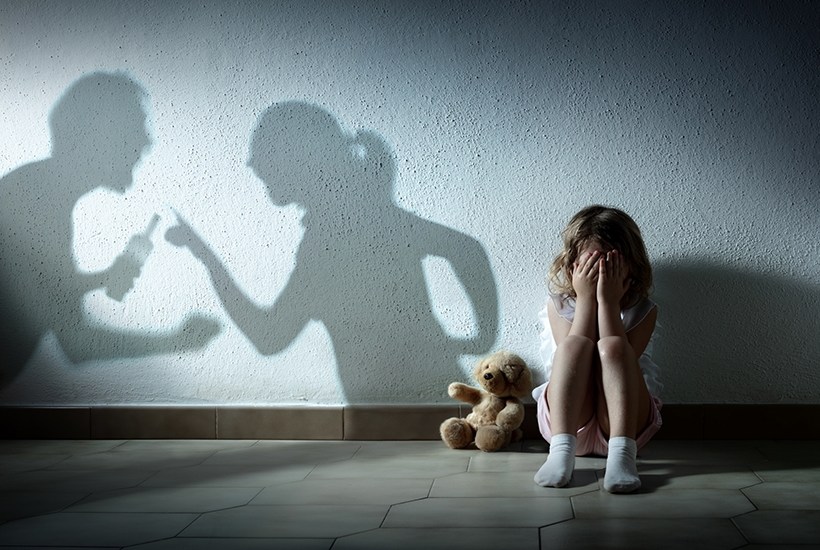
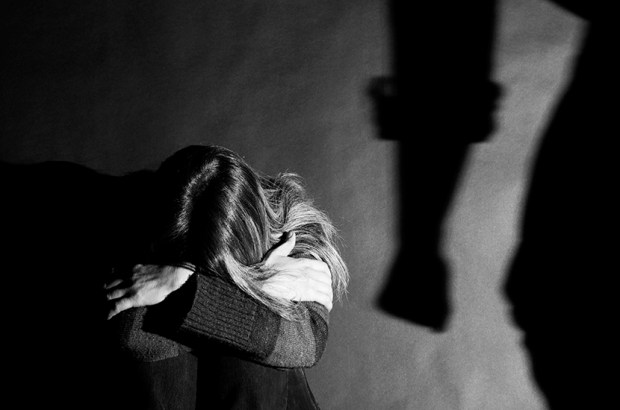
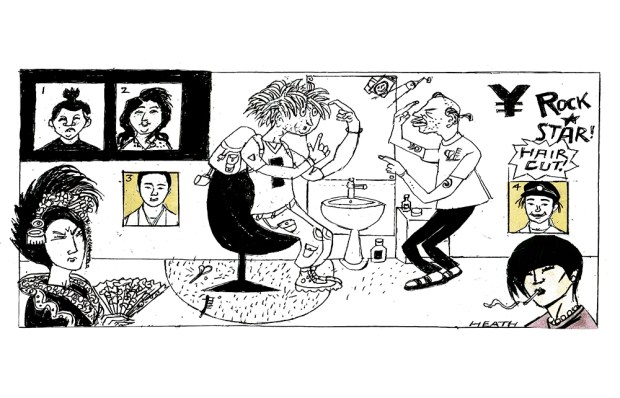

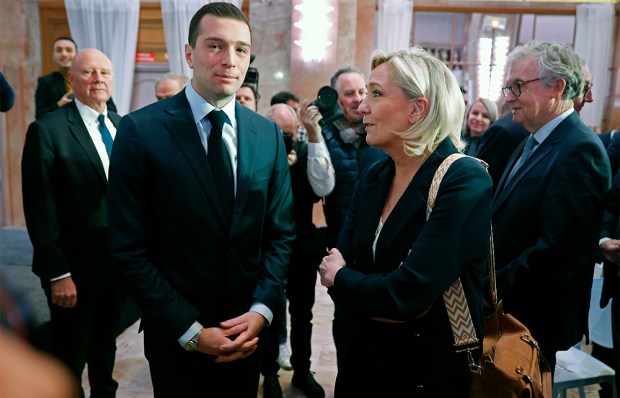

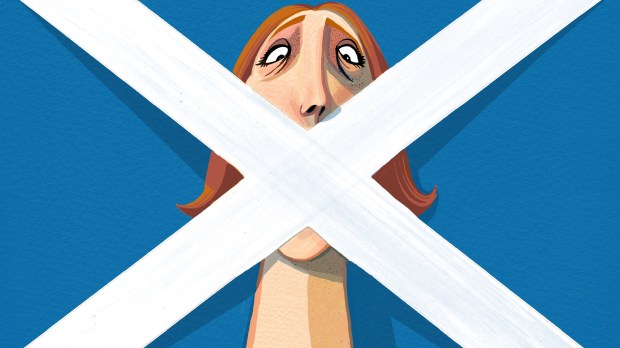






Comments
Don't miss out
Join the conversation with other Spectator Australia readers. Subscribe to leave a comment.
SUBSCRIBEAlready a subscriber? Log in